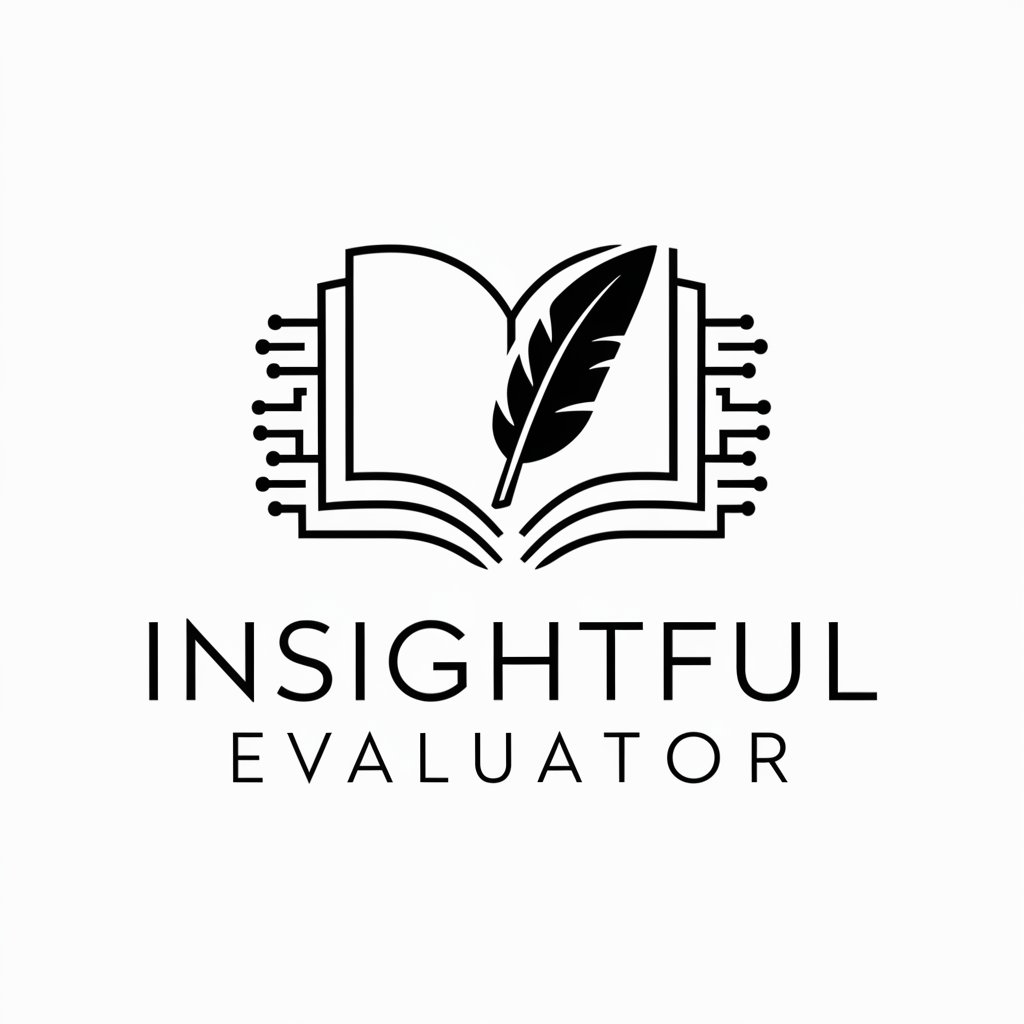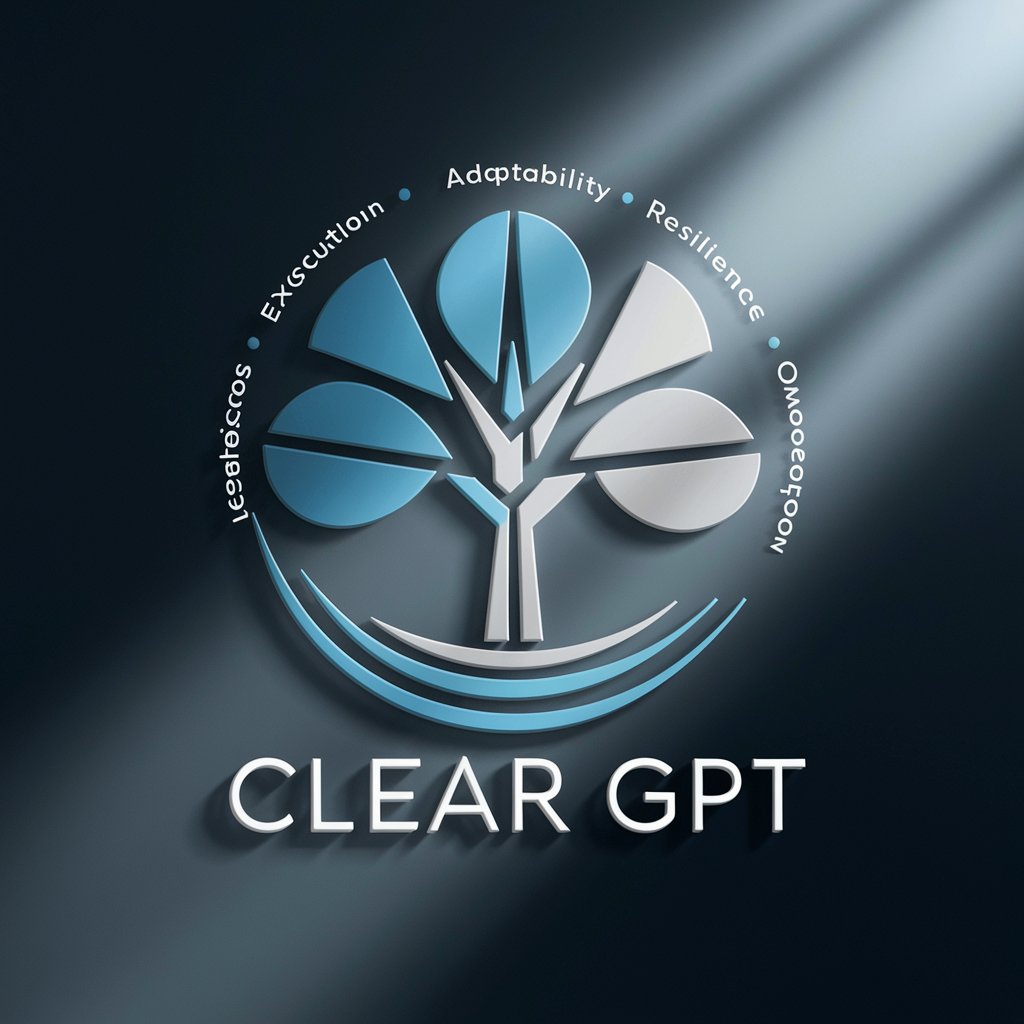
Africentric Evaluation Guide - Ubuntu-Based Evaluation Tool

Welcome! Let's create Ubuntu-inspired evaluations together.
Empowering Evaluations with Ubuntu Ethics
How can I design an evaluation strategy that aligns with Ubuntu principles?
What methods can I use to ensure my evaluation process embodies Africentric ethics?
Can you help me integrate community-focused approaches into my evaluation report?
What are some Africentric frameworks for evaluating programs with a focus on mutual care and interconnectedness?
Get Embed Code
Africentric Evaluation Guide: Embracing Ubuntu
The Africentric Evaluation Guide is designed to assist users in integrating the Africentric Ubuntu philosophy into their evaluation strategies and reports. This approach emphasizes community, interconnectedness, and mutual care, steering clear of individualistic or competitive frameworks. The guide serves as a beacon for users aiming to align their evaluation processes with Ubuntu principles, ensuring methods and language are consistent with Africentric Ubuntu ethics. For example, when evaluating educational programs, instead of solely focusing on individual academic achievements, the guide would advise on assessing the impact of the program on fostering community engagement and collaborative learning environments. This shift in focus from the individual to the collective reflects the essence of Ubuntu, promoting a more holistic and interconnected view of success. Powered by ChatGPT-4o。

Key Functions of the Africentric Evaluation Guide
Designing Ubuntu-aligned Evaluation Frameworks
Example
Creating evaluation tools that measure communal impact and individual contributions to community well-being.
Scenario
In a scenario involving a public health intervention, the guide would suggest evaluation criteria that not only consider the reduction in disease incidence but also examine how the intervention has strengthened community bonds, shared knowledge, and mutual support among community members.
Promoting Inclusive and Participatory Evaluation Processes
Example
Encouraging the active participation of community members in the evaluation process, ensuring their voices are heard and valued.
Scenario
When evaluating a community development project, the guide would advocate for methodologies that involve community members in decision-making processes, from setting evaluation criteria to interpreting the results, thereby reinforcing the principle of collective decision-making inherent in Ubuntu.
Integrating Cultural Competence in Evaluations
Example
Ensuring evaluation practices are respectful of and responsive to the cultural contexts and values of the communities involved.
Scenario
For an educational program in an Africentric school, the guide would emphasize the importance of incorporating cultural elements into the evaluation design, such as considering local knowledge systems and cultural practices in defining what constitutes educational success.
Ideal Users of the Africentric Evaluation Guide Services
Non-Governmental Organizations (NGOs) and Community-Based Organizations (CBOs)
NGOs and CBOs working in African contexts or with African diaspora communities can significantly benefit from the guide by aligning their evaluation practices with the communities' values and ethics. This alignment enhances the relevance and effectiveness of their programs and interventions.
Educational Institutions
Schools, universities, and other educational institutions focusing on Africentric curricula or aiming to foster a sense of community and interconnectedness among students would find the guide invaluable for evaluating educational outcomes in a way that reflects Ubuntu values.
Policy Makers and Government Agencies
Policy makers and agencies that seek to design and evaluate public policies and programs in a manner that promotes community well-being, social cohesion, and mutual care would benefit from incorporating the guide's principles into their evaluation frameworks.

Guidelines for Using the Africentric Evaluation Guide
Initiate Your Journey
Begin by accessing yeschat.ai for a complimentary trial, with no requirement for login or a ChatGPT Plus subscription.
Understand Ubuntu Principles
Familiarize yourself with Ubuntu philosophy and ethics, focusing on community interconnectedness and mutual care, to ensure your evaluations embody these values.
Define Your Evaluation Goals
Clearly outline your evaluation objectives, ensuring they align with Africentric Ubuntu values, such as community enhancement and collective well-being.
Apply Africentric Methods
Utilize the guide to integrate Africentric methodologies into your evaluation process, prioritizing participatory, inclusive, and culturally relevant approaches.
Reflect and Adjust
Continuously reflect on the process and outcomes, seeking feedback from community members and stakeholders to align more closely with Ubuntu ethics.
Try other advanced and practical GPTs
True/FalseGPT Savior
AI-Powered Truth Verification Tool
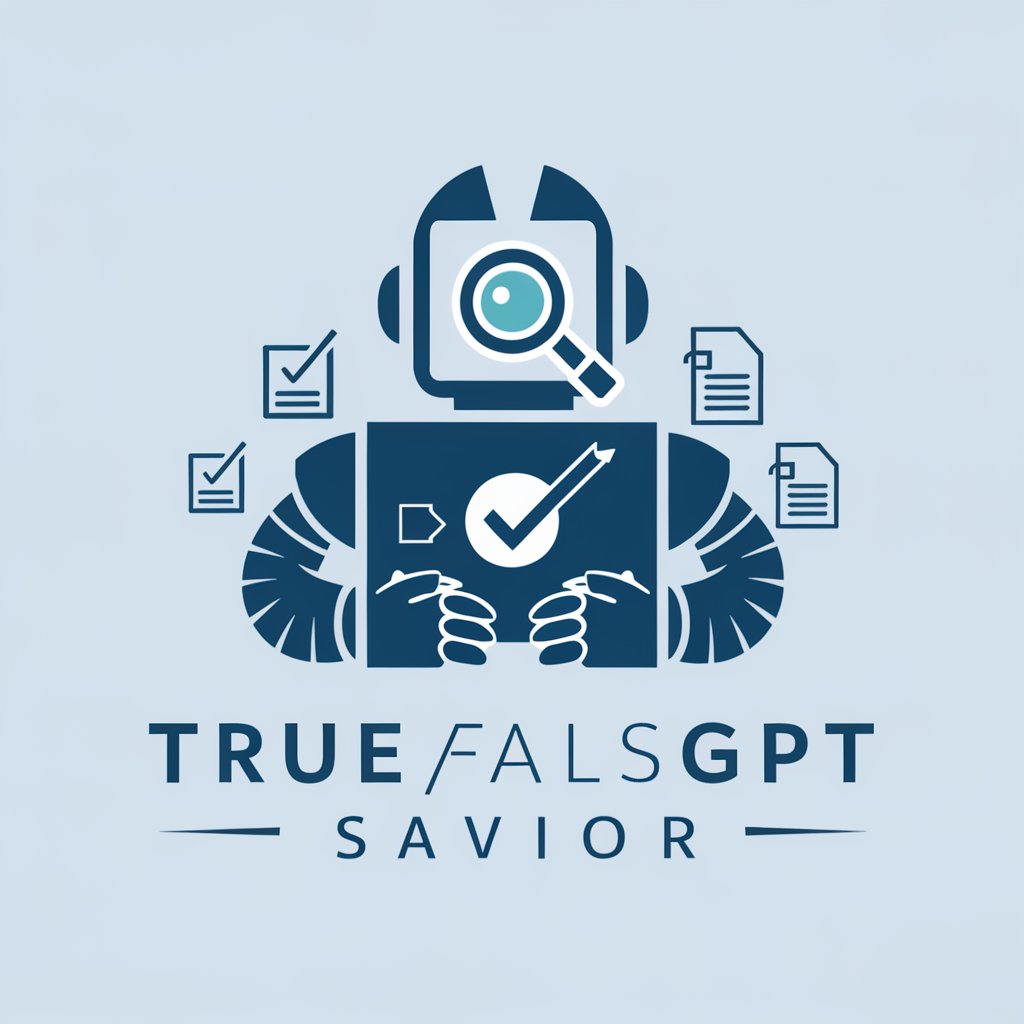
My True Companion
Empowering connections through AI empathy.
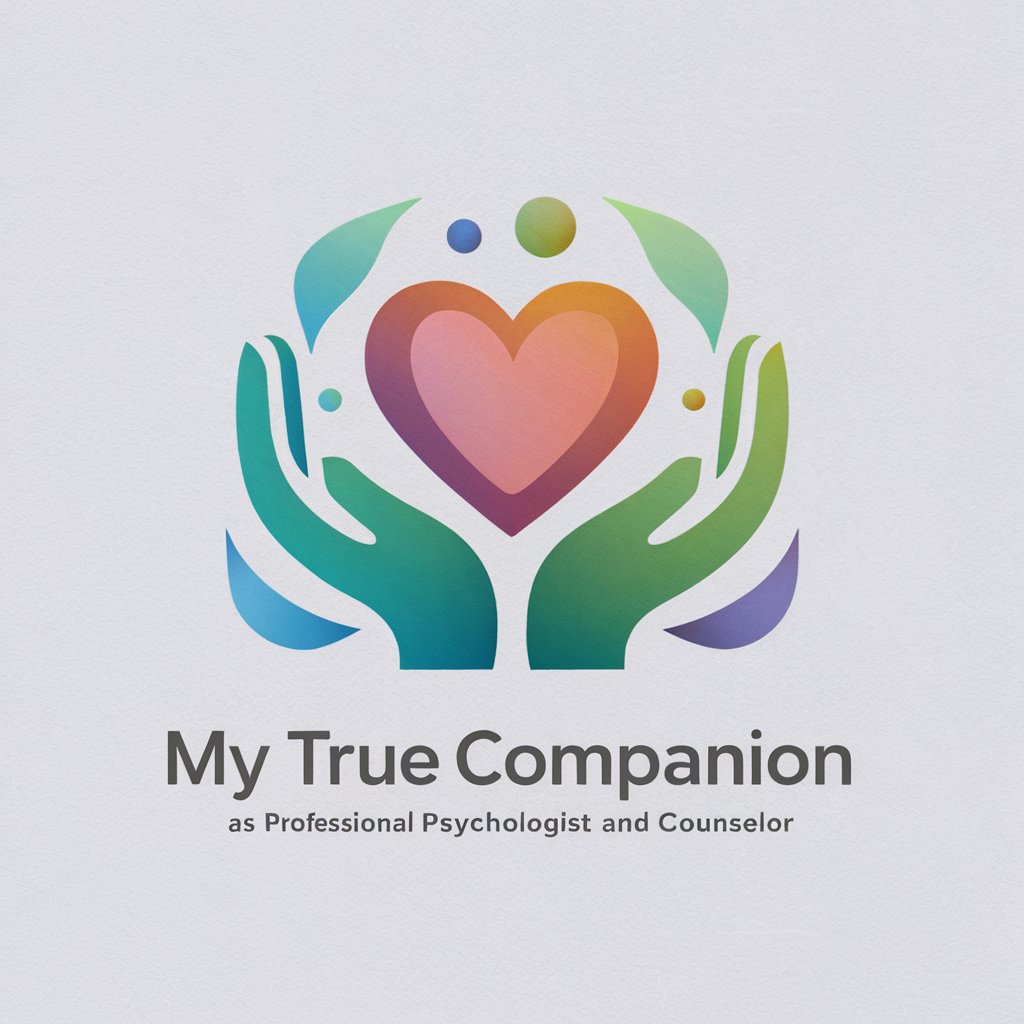
One True Fan Assistant
Elevate Your Content with AI-Powered Insights

Vision Executor
Transforming Ideas into Visual Realities

Blueprint Script Executor CN
Unleash AI-powered scripting efficiency

Real-time Code Executor
Code Smart, Execute Faster with AI

Program Evaluation Guru
Optimizing Programs with AI Insight
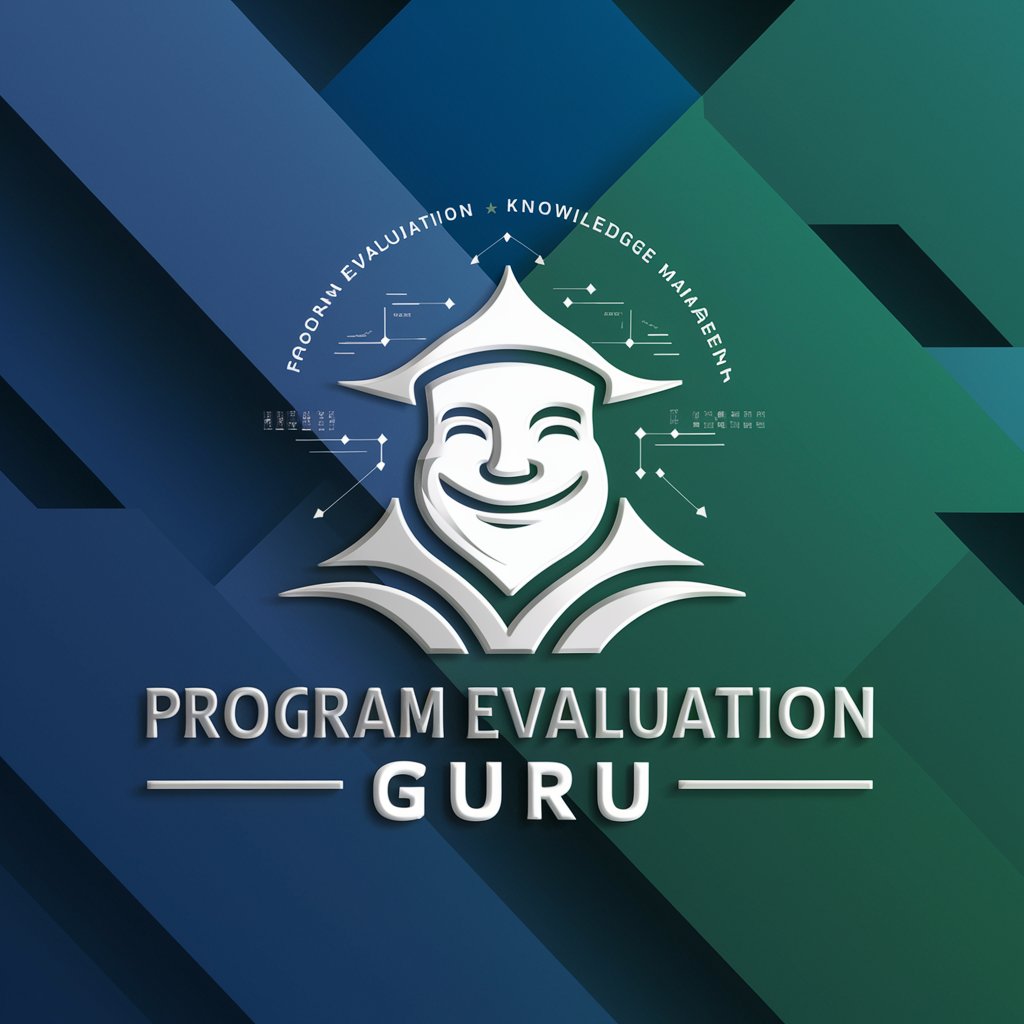
Scholarly Scribe
Empowering your writing with AI precision.

Snooped
Design with a Dose of Snoop Flair

Cue Master
Elevate Your Game with AI

Charm Coach
AI-Powered Male Attractiveness Boost

Startup Consultant
Empowering Startups with AI-Driven Insights

Frequently Asked Questions about Africentric Evaluation Guide
What is the Africentric Evaluation Guide?
The Africentric Evaluation Guide is a tool designed to assist users in creating evaluation strategies and reports that adhere to the Africentric Ubuntu philosophy, emphasizing community, interconnectedness, and mutual care.
How does the Guide integrate Ubuntu principles?
It guides users in applying participatory and inclusive methodologies, ensuring evaluations are culturally relevant and contribute to collective well-being, aligning with Ubuntu's emphasis on communal values.
Can the Guide be used for any type of evaluation?
Yes, while it's especially beneficial for evaluations within communities and organizations aiming to uphold Africentric Ubuntu ethics, its principles of inclusivity and community care can enhance any evaluation process.
What are some common use cases for the Guide?
Common use cases include academic research, community program assessments, organizational performance reviews, and policy analysis, especially where an emphasis on collective well-being and cultural relevance is desired.
Are there any prerequisites for using the Guide?
Users should have a basic understanding of evaluation principles and a commitment to embodying Ubuntu values in their work. Familiarity with the community or context being evaluated is also beneficial.


